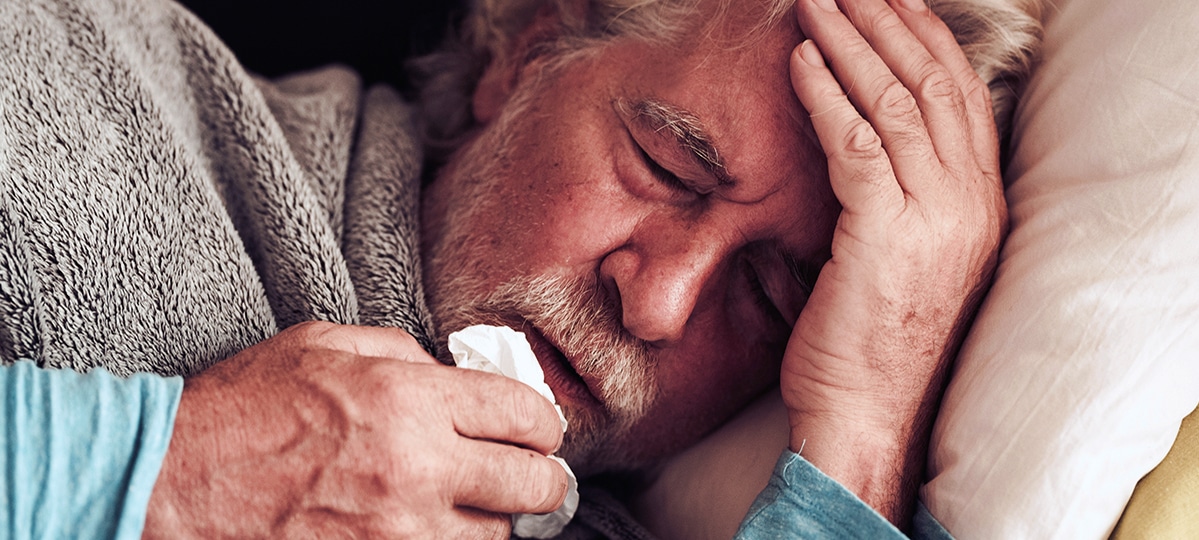Numbers and trends can be scary when it comes to the coronavirus. The respiratory disease known as COVID-19 is characterized by fever, cough, shortness of breath—and severe lung damage in the most serious cases.
Figures reported of those infected in the U.S. continue to climb, according to the Centers for Disease Control and Prevention (CDC). The growing numbers now include alarming “community spread” cases where the origin of the disease is unknown.
Older people are most fearful of the coronavirus. With their naturally weaker immune systems, they’re more vulnerable to any respiratory infection. And yet, as our country grapples with the coronavirus crisis, public health experts are urging calm.
Finding calm means focusing on positive numbers—numbers that can help you protect yourself from the coronavirus. Here, Medical Alert has assembled such an empowering numerical chart, based on advice from experts at the CDC and the World Health Organization (WHO).
The Power of Numbers: Your Shield Against COVID-19
20 Seconds to Count for Effective Hand Washing
Use warm soapy water and wash for as long as it takes to sing “Happy Birthday” twice.
6 Crucial Times to Wash Your Hands
- After being out in a crowd
- Before eating
- After blowing your nose
- After sneezing
- After coughing
- After every trip to the bathroom
5 Community Health “Don’ts” to Practice
- Don’t go to the emergency room unless essential—instead, contact your primary care physician if you have a cough, fever, or other respiratory symptoms. (Emergency rooms need to serve those with the most critical needs.) You can also press your Medical Alert button if you have symptoms you worry could be coronavirus (fever, cough, respiratory symptoms) to speak with Medical Alert’s emergency response team on the next steps.
- Don’t go to work if you’re sick.
- Don’t purchase a face mask—it’s intended for sick patients and for healthcare personnel, and there’s now a shortage of face masks.
- Don’t travel to countries with the highest outbreaks of coronavirus. To date, that includes: South Korea, Italy, and China. Click here for travel updates from the CDC.
- Don’t forget to get your flu shot—it’s not too late in the season, and fewer flu patients in your community means more resources available for potential coronavirus patients.
3 Facial Zones to Avoid Touching for General Protection
Eyes, nose and mouth.
2 Best Places to Direct Your Sneezing
Your elbow or a tissue.
1 Hand Hygiene Backup
Hand sanitizer can be a valuable backup when soap and water aren’t readily available. Ensure it contains at least 60% alcohol for maximum effectiveness. Carry a small bottle in your purse or car to use when you can’t wash your hands. Research shows hand sanitizer can help to reduce respiratory illnesses.
The Road Ahead
As we navigate this global health crisis, it’s crucial to remember that we are all in this together. By adhering to the guidance provided by experts and focusing on the positive numbers and preventive measures, we can collectively contribute to slowing the spread of COVID-19. Empower yourself with knowledge, practice good hygiene, and be vigilant – together, we can overcome this pandemic and protect the health of our communities.




